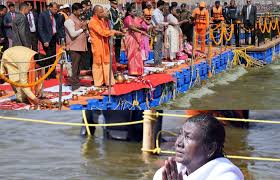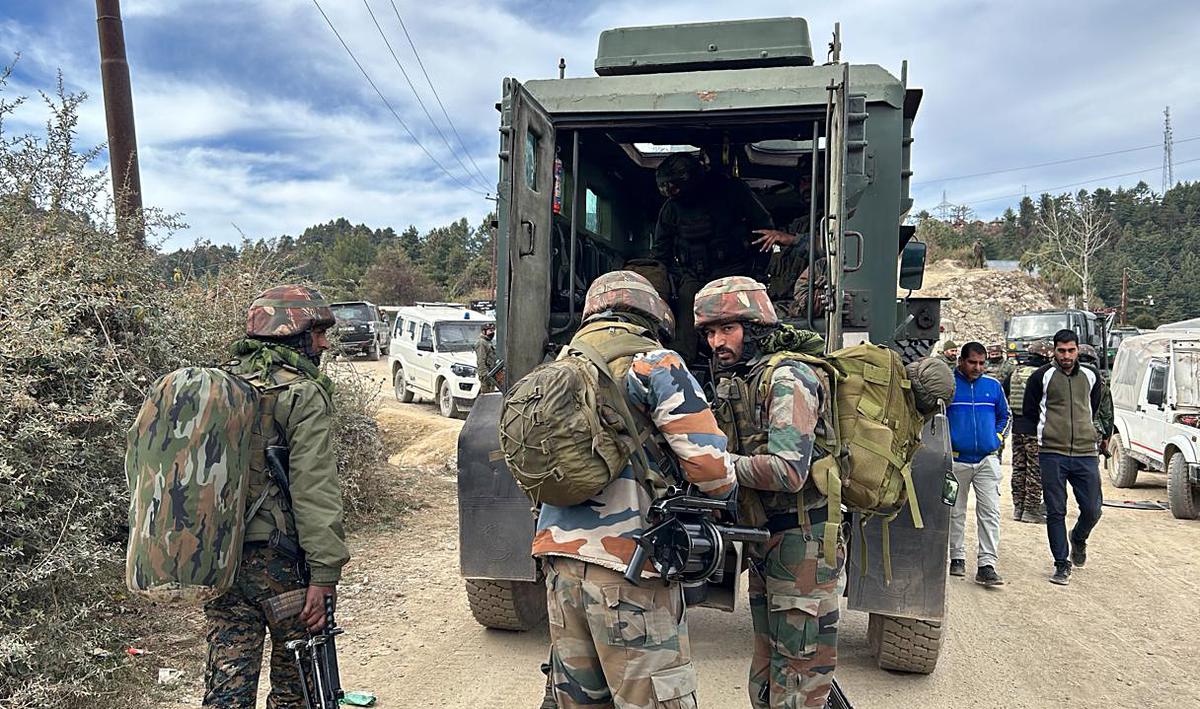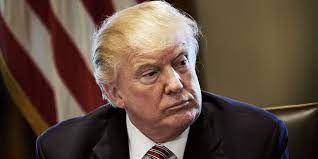Medical emergency in Hyderabad, says Akbaruddin
Sun 15 Sep 2019, 13:45:18
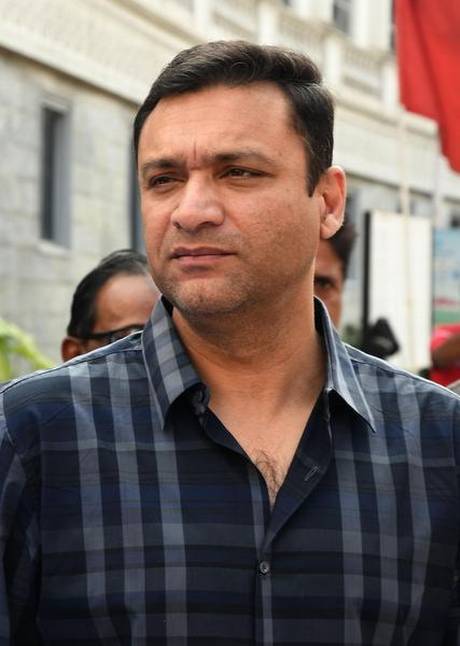
‘Sewage treatment plants are not functioning properly’
Serious concern was raised in the State Assembly over the deplorable sewage treatment in the city that has resulted in alarming levels of pollution of Musi river and groundwater.
Matter of concern
Raising the issue during the Question Hour here on Saturday, AIMIM MLA Akbaruddin Owaisi said that not even 40% of sewage was being treated in Sewage Treatment Plants now. In Attapur STP, even less than 30% of sewage was being treated while 2,000 MLD of domestic sewage was released every day.
Linking rampant bacterial diseases and spurt in cases of dengue, malaria and typhoid to the poor sewerage system, he said that the city was facing medical emergency as STPs were not functioning properly. “If a different kind of lynching is happening elsewhere in the country, here we are worried of lynching by mosquitoes,” he said.
Serious concern was raised in the State Assembly over the deplorable sewage treatment in the city that has resulted in alarming levels of pollution of Musi river and groundwater.
Matter of concern
Raising the issue during the Question Hour here on Saturday, AIMIM MLA Akbaruddin Owaisi said that not even 40% of sewage was being treated in Sewage Treatment Plants now. In Attapur STP, even less than 30% of sewage was being treated while 2,000 MLD of domestic sewage was released every day.
Linking rampant bacterial diseases and spurt in cases of dengue, malaria and typhoid to the poor sewerage system, he said that the city was facing medical emergency as STPs were not functioning properly. “If a different kind of lynching is happening elsewhere in the country, here we are worried of lynching by mosquitoes,” he said.
The levels of Chemical Oxygen Demand (COD), Total Dissolved Solids (TDS) in the Musi reached alarming levels and the quality of the Musi was getting worse day by day. Even the water from borewells was of bad quality and about 56 villages were affected as untreated sewage was being released into the Musi that flowed from Vikarabad to Nalgonda.
Installed capacity
He sought to know the installed capacity of STPs and how many of them were functioning in the Greater Hyderabad Municipal Corporation area. If ₹2 crore was being spent on maintenance of STPs, why was the situation so bad, he questioned. He also demanded that all hospitals, any new government or private building, should have an STP but rules were being
violated everywhere.
TRS MLA Danam Nagender said the STP on Necklace Road was not functioning properly and there should be separate storm water drains as at present sewage was being let into the storm water drains.
MA&UD Minister K.T. Rama Rao, acknowledging the situation, said 40.3% of sewage was being treated in city as against 30% in Delhi and 26% in Mumbai. “But I am not relatively happy”. He informed the members that M.S. Shah Technical Consultants Pvt. Ltd., Mumbai, was appointed for preparation of a comprehensive sewage master plan and the draft master plan would be submitted by December 2019.
At present the capacity of 21 STPS (three operated by HMDA and the rest by HMWS&SB) is 735 MLD and all were functional and the maintenance renewal would be done for five years instead of annual renewal, the Minister said. The government proposed that all sewage coming to the Musi from nalas be treated by 2021 and would set up more STPs in PPP mode to treat another 700 MLD of sewage. The plan was to treat entire 3,000 MLD of projected sewage by 2036.
Mr.Rama Rao said they were awaiting the report of Shah Consultants for taking up new STPs. A plan was proposed for decentralised STPs, to have one STP on every sewage canal. The government made STPs mandatory for large apartment complexes, new layouts and they would be monitored. The PCB should also inspect the STPs. He informed Mr.Akbaruddin that the government would share the sewerage master plan prepared by HMSW&SB with the Shah Consultants. The Kirloskar report on storm water drains was found to be impractical but it would also be shared, he said.
He sought to know the installed capacity of STPs and how many of them were functioning in the Greater Hyderabad Municipal Corporation area. If ₹2 crore was being spent on maintenance of STPs, why was the situation so bad, he questioned. He also demanded that all hospitals, any new government or private building, should have an STP but rules were being
violated everywhere.
TRS MLA Danam Nagender said the STP on Necklace Road was not functioning properly and there should be separate storm water drains as at present sewage was being let into the storm water drains.
MA&UD Minister K.T. Rama Rao, acknowledging the situation, said 40.3% of sewage was being treated in city as against 30% in Delhi and 26% in Mumbai. “But I am not relatively happy”. He informed the members that M.S. Shah Technical Consultants Pvt. Ltd., Mumbai, was appointed for preparation of a comprehensive sewage master plan and the draft master plan would be submitted by December 2019.
At present the capacity of 21 STPS (three operated by HMDA and the rest by HMWS&SB) is 735 MLD and all were functional and the maintenance renewal would be done for five years instead of annual renewal, the Minister said. The government proposed that all sewage coming to the Musi from nalas be treated by 2021 and would set up more STPs in PPP mode to treat another 700 MLD of sewage. The plan was to treat entire 3,000 MLD of projected sewage by 2036.
Mr.Rama Rao said they were awaiting the report of Shah Consultants for taking up new STPs. A plan was proposed for decentralised STPs, to have one STP on every sewage canal. The government made STPs mandatory for large apartment complexes, new layouts and they would be monitored. The PCB should also inspect the STPs. He informed Mr.Akbaruddin that the government would share the sewerage master plan prepared by HMSW&SB with the Shah Consultants. The Kirloskar report on storm water drains was found to be impractical but it would also be shared, he said.
No Comments For This Post, Be first to write a Comment.
Most viewed from Hyderabad
Most viewed from World
AIMIM News
Delhi Assembly polls: Owaisi leads Padyatra in Okhla
Feb 01, 2025
We reject this Waqf Amendment Bill: Asaduddin Owaisi
Jan 30, 2025
Latest Urdu News
Most Viewed
May 26, 2020
Which team will win the ICC Men's Champions Trophy 2025 held in Pakistan/Dubai?
Latest Videos View All
Like Us
Home
About Us
Advertise With Us
All Polls
Epaper Archives
Privacy Policy
Contact Us
Download Etemaad App
© 2025 Etemaad Daily News, All Rights Reserved.

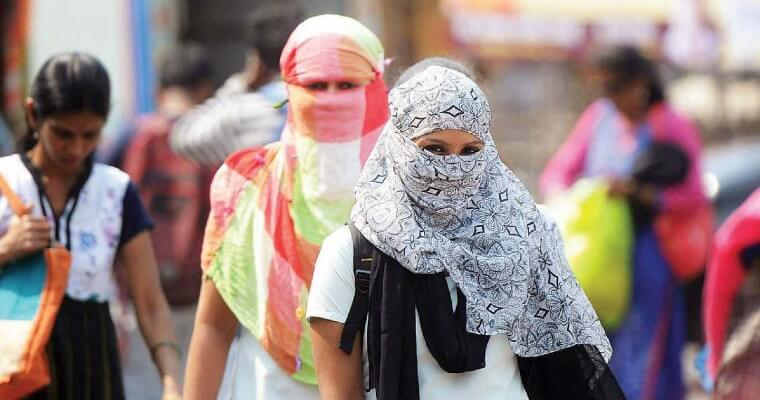
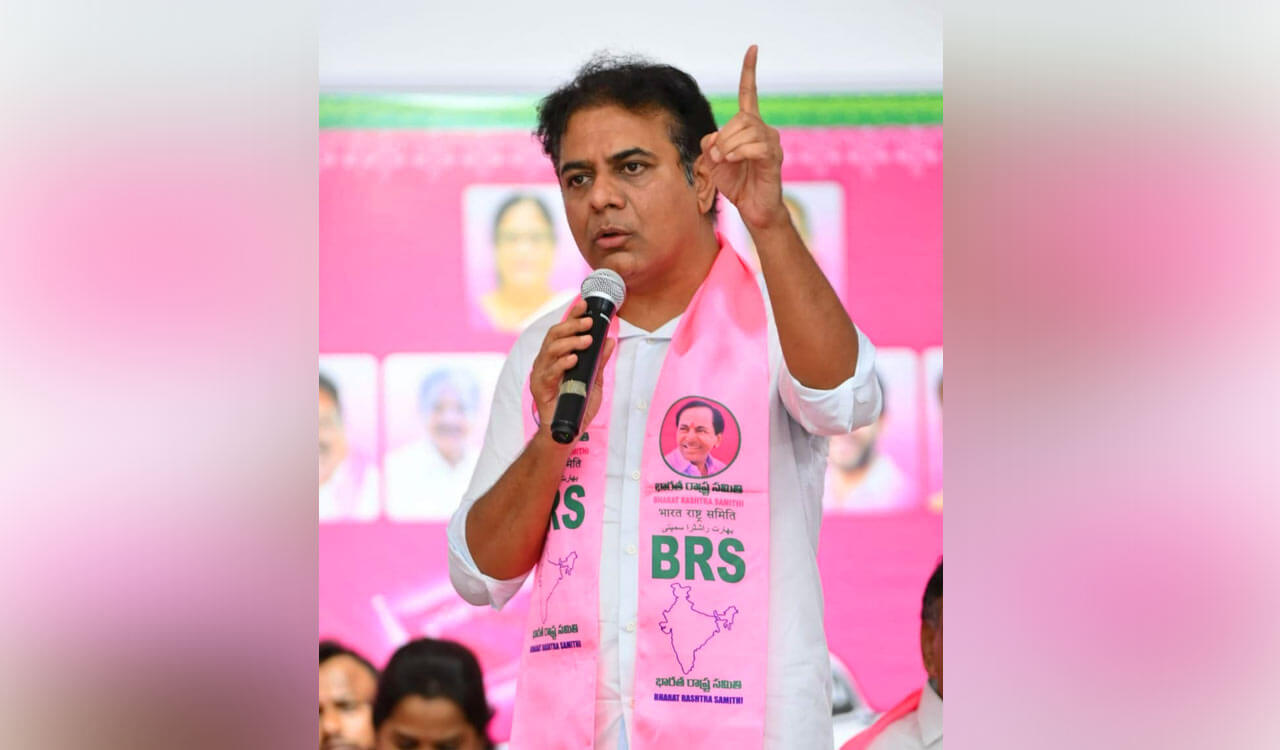

.jpg)
.jpg)
.jpg)
.jpg)
.jpg)
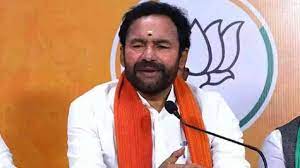

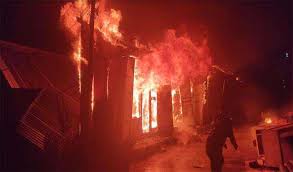



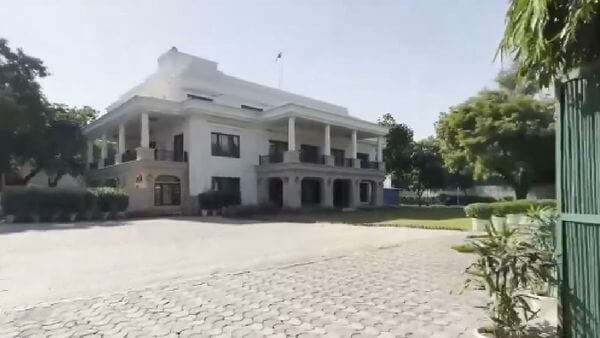
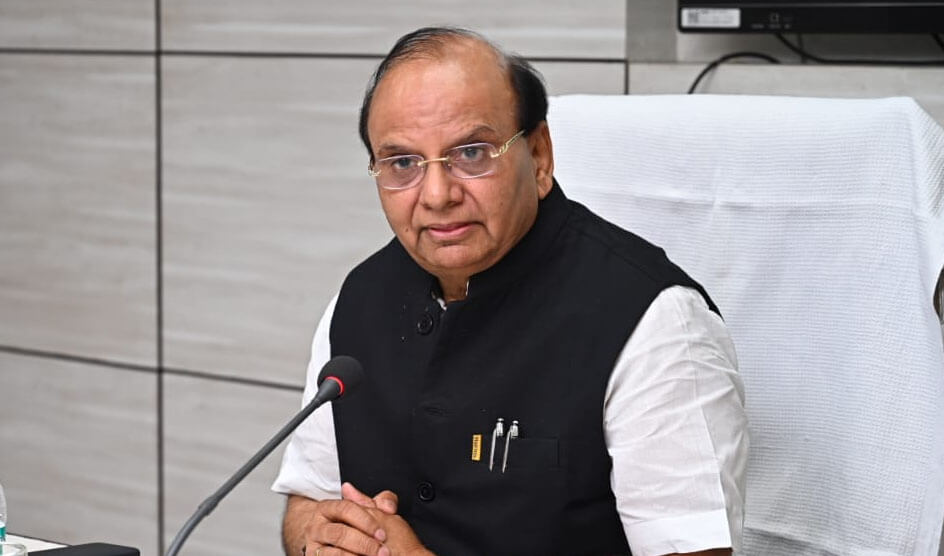
.jpg)
.jpg)
.jpg)
.jpg)
.jpg)
